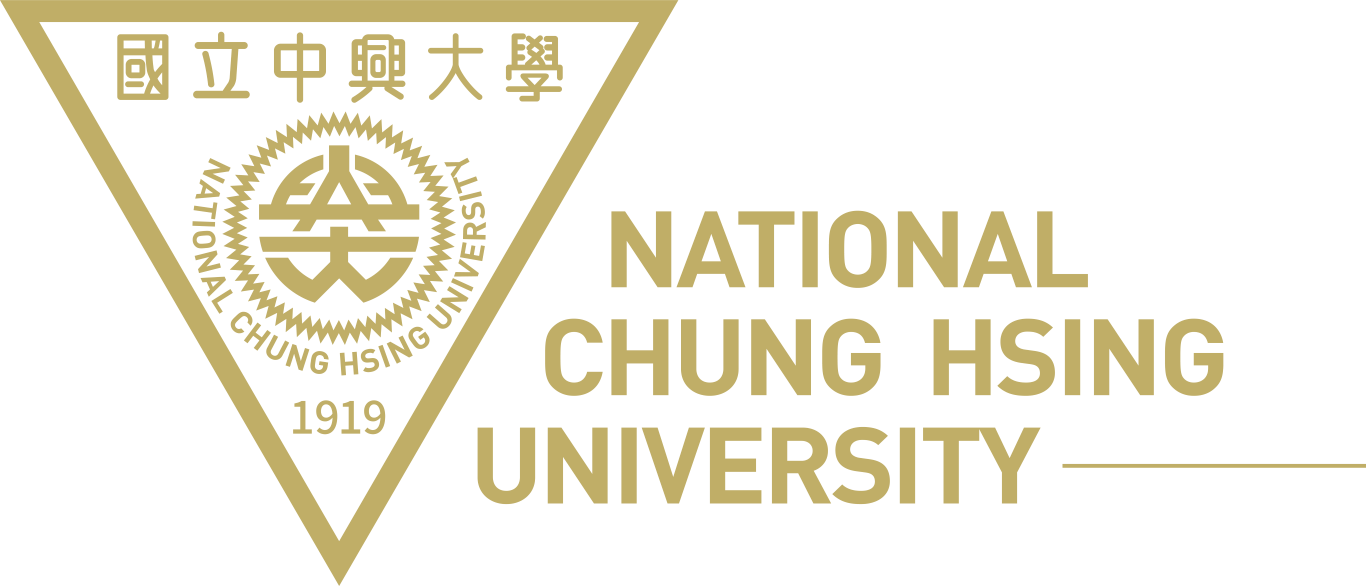Category: Useful Information
Please click the following items to see more.
Useful Information (5)
General waste disposal: General waste (including kitchen waste) is collected by campus garbage trucks at fixed locations between 8:20–10:35 a.m. every business day.
* Note: Please store general waste in transparent plastic bags only.
Recycling: Recyclable materials are collected by recycling trucks at fixed locations between 8:20–10:35 a.m. on Tuesdays and Fridays.
On Tuesday: Paper lunch boxes and non-paper materials (including iron cans, aluminum cans, plastic bottles, plastic containers, and recyclable plastic products)
On Friday: Paper lunch boxes and other paper materials
*Paper lunch boxes must be properly cleaned before disposal to ensure that no leftovers remain.
According to Article 17 of the ‘Rules of Labor Health Protection,’ employers shall provide regular general health examinations for their employees based on the following conditions:
Annual health examinations for employees over the age of 65.
Health examinations once every three years for employees between the ages of 40 and 65.
Health examinations once every five years for employees under the age of 40.
Employees in other age groups shall receive periodic health examinations.
For example, a 30-year-old employee who received a new employee health examination in 2016 will be required to undergo another health examination in 2021.
An investigation into occupational accidents reveals that the majority (>80%) of accidents are caused by human error or unsafe behavior.
The most effective way to prevent such accidents is through labor safety and health training. This training helps promote safe working methods and correct hygiene practices, thereby preventing losses or injuries caused by occupational accidents.
The investigations into occupational accidents found that ‘man-caused factors’ are the major reasons behind these incidents. Approximately 80% of unsafe actions originate from human activities.
The prevention and control measures rely on the promotion of “labor occupational health and safety education and training.” This education and training help establish safe working methods and correct hygiene concepts for employees, effectively preventing losses and damages caused by occupational accidents.
Pursuant to Articles 30 and 31 of the ‘Occupational Safety and Health Act,’ employers are required to institute hazard assessments, controls, and hierarchy management measures for work that is potentially hazardous to maternal health. Violators are subject to a fine ranging from NT$30,000 to NT$300,000.
In accordance with the law, NCHU shall implement maternal health protection measures for its employees. As a result, pregnant employees are granted priority usage of ‘maternity parking spaces’ painted in pink, along with a discount on vehicle parking fees.
Eligibility: Female employees who are pregnant, who have given birth to a child in the most recent one-year period, or who are still breastfeeding.
To aid in the enforcement of the school-wide laboratory risk management system for better supervision and management of the occupational safety and health of personnel at on-campus research venues, faculty members are required to provide the following information through the Research Venue Operations Management System.
The University’s research venues are divided into the following three levels pursuant to the Occupational Safety and Health Management Act:
1. Level 1: High-risk venues (The University currently has no Level 1 laboratories);
2. Level 2: Medium-risk venues (e.g., laboratories and other venues for experiments in the College of Science, College of Engineering, College of Agriculture and Natural Resources, College of Life Sciences, and College of Veterinary Medicine);
3. Level 3: Low-risk venues (e.g., research rooms and offices in the College of Liberal Arts, College of Law and Politics, and College of Management).
To ensure the compliance of research venues managed by venue representatives (faculty members) and the cooperation of personnel (faculty members, laborers, and/or students) with the applicable provisions of the Occupational Safety and Health Act, please update the Research Venue Operations Management System with the following information to help the University better manage its research venues:
1) Basic information of the research venue
2) Identification of especially hazardous operations
3) Personnel information
4) Information on certified/licensed technicians
5) Information on internal training procedures
6) Information on chemicals used

